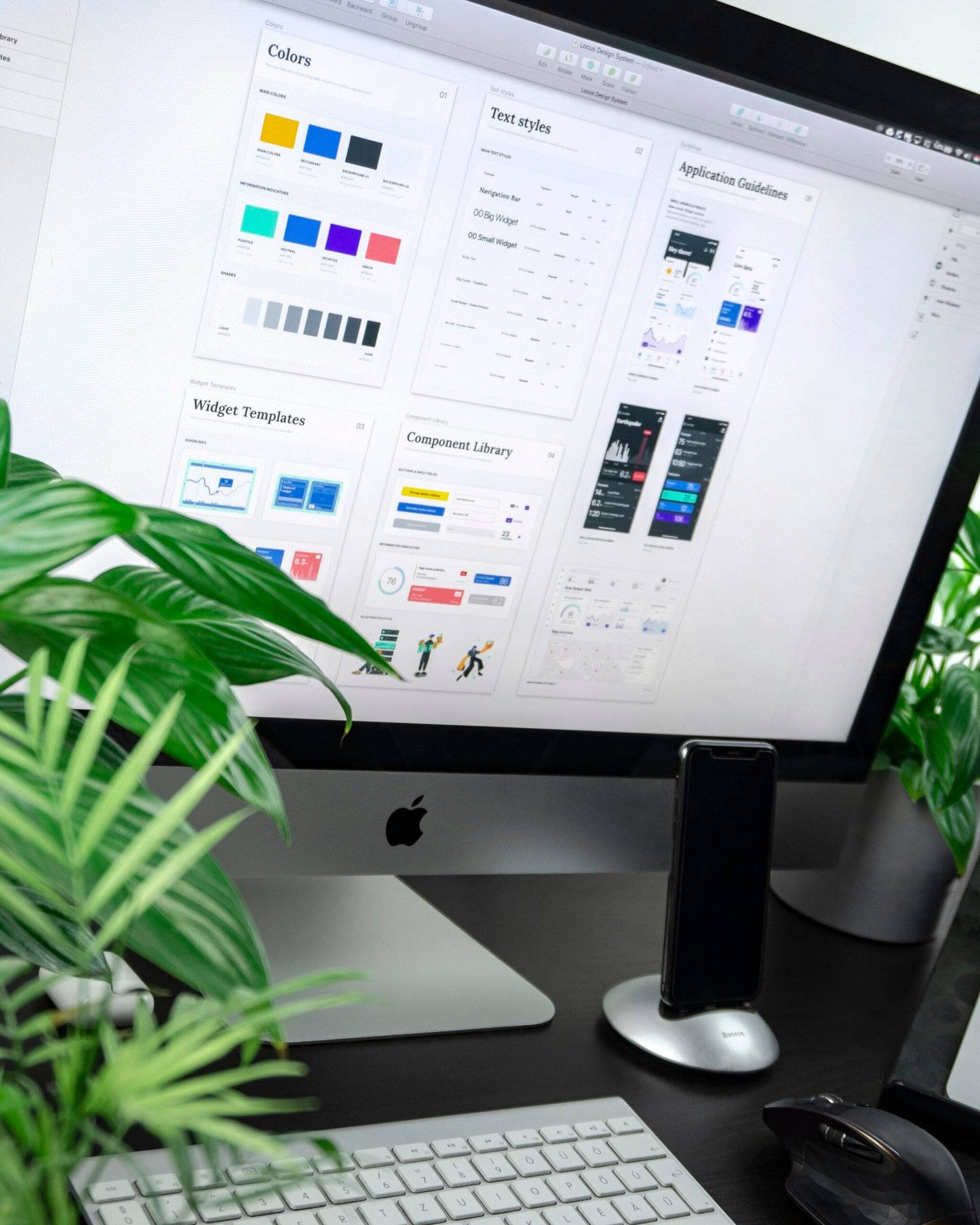Are you passionate about creating captivating visual stories and want to make a living out of it? Transitioning into the world of freelance motion design could be your calling! But where do you begin, and what should you know before taking the plunge?
What Is Motion Design?
Motion design is a creative terrain where graphic design meets animation to create engaging visual content that communicates stories, adverts, or messages through movement. Whether it’s for advertisements, films, or digital content, motion design is essential in making visuals come alive. Understanding the full breadth of motion design helps set the foundation for your freelance career.
Why Freelance as a Motion Designer?
Working as a freelance motion designer offers you the freedom to choose projects that inspire you, work from anywhere, and often, control over your schedule. However, these benefits come with responsibilities like finding clients, managing finances, and constantly upgrading your skill set.

Necessary Skills for Motion Designers
Before you venture into freelance motion design, honing your skills is crucial. Your prowess in specific areas can set you apart in this competitive industry.
Graphic Design Principles
Understanding the basics of graphic design is fundamental. This includes grasping concepts like color theory, layout, and typography, which are essential in creating aesthetically pleasing animations.
Animation
Your role as a motion designer revolves significantly around creating animations. Familiarize yourself with different animation techniques such as keyframe animation, stop motion, or 3D animation, depending on the projects you want to undertake.
Software Proficiency
Mastery in software commonly used in motion design like Adobe After Effects, Cinema 4D, or Blender is necessary. Familiarizing yourself with these tools enhances your ability to bring visions to life efficiently.
Building Your Portfolio
To attract potential clients, an impressive portfolio showcasing your skills and creativity is non-negotiable. Your portfolio should include diverse examples, ranging from personal projects to pro-bono work or even collaborations.
How to Create a Portfolio
Begin by working on projects that demonstrate your range and style. Add a brief description to each portfolio piece, outlining your role, the objective, and the software used. Make this information accessible through a clean and visually appealing online platform like Behance or your personal website.
Case Study Approach
Consider including detailed case studies for some of your projects. This could involve outlining the client’s brief, your approach to the design solution, and the ultimate impact of your work, effectively demonstrating problem-solving skills.

Networking: Connecting with Clients
Networking is vital for finding work as a freelance motion designer. Building relationships within the industry can lead to opportunities and collaborations, so cultivating your network should be a continuous effort.
Online Platforms
Utilize online platforms like LinkedIn, Twitter, and Instagram to connect with and follow other designers, potential clients, and motion design communities. Engage with the content, participate in discussions, and remain active to increase your visibility.
Industry Events and Workshops
Attend industry events, workshops, and seminars either virtually or in person. These are excellent avenues for meeting industry professionals and developing genuine connections that may lead to future work opportunities.
How to Market Yourself
Marketing is an integral part of establishing yourself in the freelance world. Crafting and maintaining a brand that communicates who you are and what you offer is critical.
Personal Branding
Develop a unique brand identity that encapsulates your style and values as a designer. Consistency across all platforms, from social media to your website, will ensure a cohesive and professional image.
Online Presence
Maintain an up-to-date online presence, showcasing not only your portfolio but regularly engaging content that reflects your expertise. Blogging about industry topics or making video tutorials can position you as a knowledgeable and approachable figure.

Setting Your Rates
Determining what to charge can be challenging, but it’s important to set rates that reflect your skill level, experience, and the value you provide.
Research and Benchmark
Research prevailing rates within the industry and benchmark against designers with similar skills and experiences. Online resources or networking groups can be great places to gather this information.
Decide on Pricing Models
Consider different pricing models such as hourly rates, fixed price per project, or retainer agreements. Each has its advantages, and what works best may vary depending on the nature of the project or client.
Freelancing Essentials: Managing Your Business
Beyond being a skilled designer, freelancing requires you to manage your business effectively. Essential managerial tasks ensure your freelance career runs smoothly.
Tools for Organization
Use project management tools like Asana or Trello to keep track of tasks and deadlines. Client management software can also streamline communication and ensure nothing falls through the cracks.
Financial Management
Handling finances is a critical component of freelancing. Use accounting software like QuickBooks to manage invoicing, track expenses, and prepare for taxes. Consider hiring an accountant or financial advisor for expert advice.

Constant Learning and Development
The motion design landscape is dynamic, with continual advancements in technology and design trends. To stay relevant, a commitment to ongoing learning and development is essential.
Online Courses and Tutorials
Platforms like Skillshare and Udemy offer courses to enhance your skills and introduce you to new techniques and tools. Participating in webinars or online workshops is also beneficial.
Keeping Up with Trends
Regularly review popular design publications and follow influential designers to stay updated on trends in motion design. This will inspire and inform your creative process, ensuring your work remains modern and appealing.
How to Overcome Challenges in Freelancing
Freelancing comes with its set of challenges. Understanding these hurdles and creating strategies to manage them is vital for long-term success.
Coping with Inconsistent Work
Freelancers often face periods of feast and famine. Planning financially by saving during busy periods can help sustain you during quieter times.
Handling Client Relationships
Effective communication with clients is crucial. Establishing clear terms and expectations from the outset and maintaining open dialogue can help avoid misunderstandings and ensure smooth project execution.

Exploring Freelancing in AI Model Testing
Expanding your freelance work to niche sectors like AI model testing can diversify your portfolio and open up new opportunities.
Understanding AI Model Testing
AI model testing involves evaluating and validating artificial intelligence models to ensure they meet the intended outcomes. This can include testing for functionality, performance, and bias.
Skills Necessary for AI Model Testing
Familiarity with machine learning basics and proficiency in relevant software tools is necessary. Moreover, being analytical and detail-oriented is crucial in ensuring thorough evaluations.
Marketing Yourself as an AI Model Tester
Use the same marketing principles as motion design, but tailor your content towards technology and AI trends. Highlight any related experience or coursework in your portfolio to appeal to potential clients.
Conclusion
Embarking on a freelance career as a motion designer or even expanding into AI model testing requires preparation and continual growth. With the right skills, tools, and perseverance, you can establish a fulfilling and successful freelance career. Whether you’re animating a marketing campaign or validating a machine learning model, your creativity and expertise can shine in the freelance world. Now’s the time to leverage your skills and passion to craft a rewarding professional journey.
